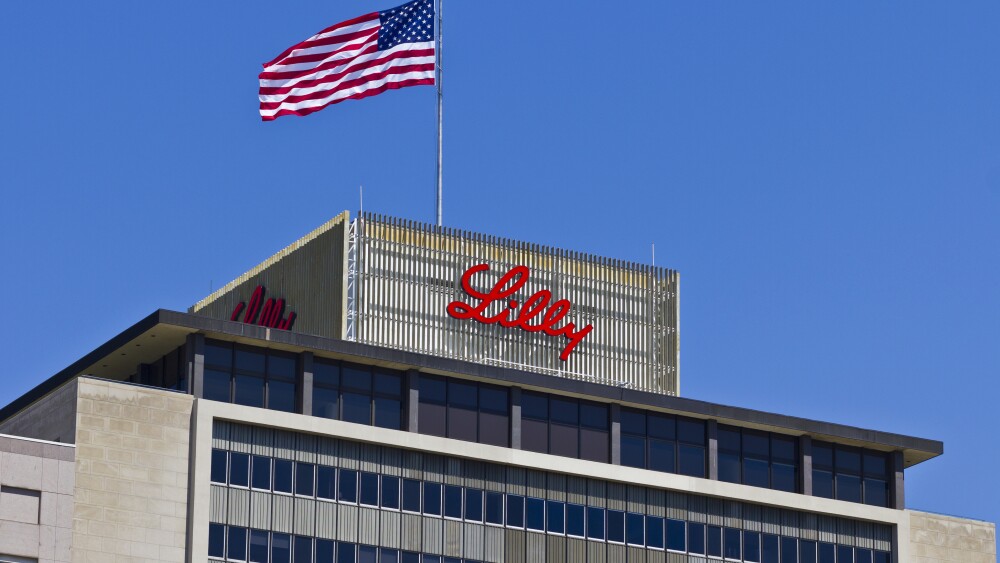March 14, 2016
By Alex Keown, BioSpace.com Breaking News Staff
FOSTER CITY, Calif. – Gilead Sciences ’s leukemia drug Zydelig is under review by European regulatory authorities after concerns were raised over safety after some patients suffered adverse side effects including deaths, Reuters reported this morning.
The regulatory review of the drug was prompted following reports of harmful side effects and infections in three clinical trials where Gilead’s drug was being used in combination with other cancer therapies, Reuters said. The clinical trials involved patients with chronic lymphocytic leukemia and indolent non-Hodgkin lymphoma. However, the study in chronic lymphocytic leukemia investigated combinations of medicines that are currently not approved, the European Medicines Agency said on Friday. Additionally, the EMA said the studies in non-Hodgkin lymphoma included patients with disease characteristics different from those covered by the currently approved indications.
The EMA said it will assess data from the trials to see if the “findings have any consequences for the authorized uses of Zydelig.” The EMA said patients starting or on treatment with Zydelig should be carefully monitored for signs of infections, however, the regulatory body said if Zydelig is well tolerated, then treatment should not be stopped.
Following the EMA’s review, the U.S. Food and Drug Administration said it will monitor the review information and take appropriate steps if necessary. Angela Stark, a U.S. FDA spokesperson, told Bloomberg it was looking into reports of deaths linked to infections in the clinical trials.
“The safety of patients is a top priority and the FDA will communicate new safety-related information on Zydelig as it becomes available,” Stark told Bloomberg.
As a result of the concerns, Gilead, best known for its blockbuster hepatitis treatments, said it also halted studies looking at the use of Zydelig in patients with the same blood cancers as those who had the severe side effects in the European trials, Bloomberg said.
Zydelig gained regulatory approval in the United States in 2014 for three blood cancers—for relapsed chronic lymphocytic leukemia in combination with Roche’s Rituxan (rituximab); to treat patients with relapsed follicular B-cell non-Hodgkin lymphoma; and relapsed small lymphocytic lymphoma. In Europe, Zydelig for the treatment of chronic lymphocytic leukemia in combination with Rituxan. It is approved on its own for treating follicular lymphoma, type of non-Hodgkin lymphoma, the EMA said.
In the United States, Zydelig carries a Boxed Warning regarding serious and fatal toxicities including liver toxicity, diarrhea and colon inflammation (colitis), lung inflammation (pneumonitis) and intestinal perforation, the FDA said when it approved the drug.
Zydelig’s approval came on the heels of other CLL treatments, including Roche ’s Gazyva, a follow-up drug to Rituxan, and Imbruvica, the blockbuster treatment from AbbVie and Johnson & Johnson . Imbruvica, which has estimated sales of $11 billion, was recently granted FDA approval for front-line use against CLL, which makes it the first “chemotherapy-free option for patients suffering from the disease,” Bidnessetc noted.
Since its late entry into the CLL market behind those other treatments, Zydelig was able to generate about $132 million in revenue for Gilead last year, although it could earn about $80 million by 2020, Bidnessetc said.
Gilead’s stock is currently up this morning, trading at $90.39 per share as of this writing.





